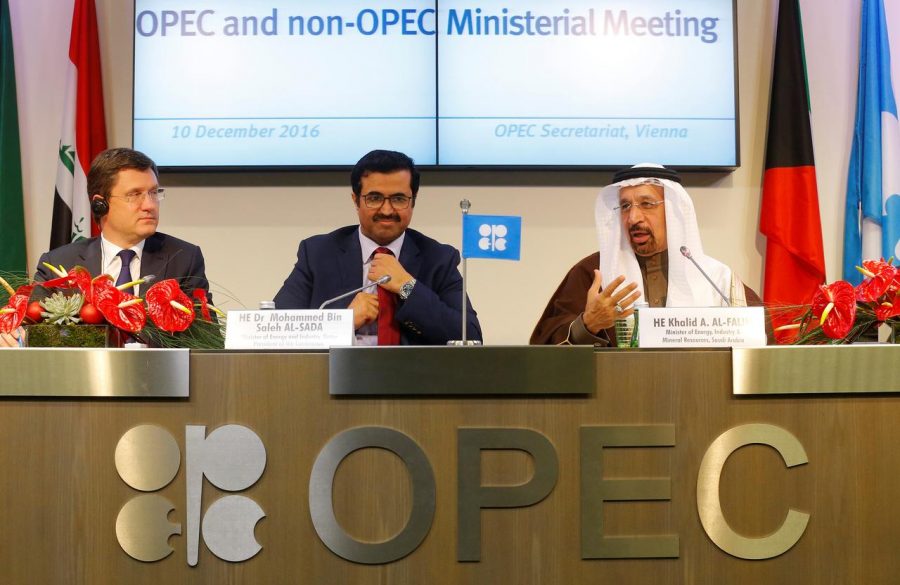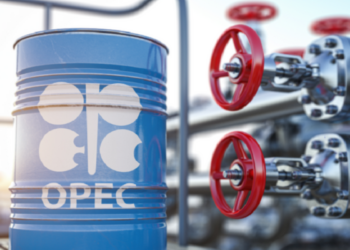The historic oil deal between OPEC and its allies (OPEC+), and other top oil-producing countries on Sunday, April 12, 2020, did not come without its own drama. These countries had to contend with the disagreement with Mexico on an output cut, antics of Saudi Arabia and Russia, and the subsequent intervention of the United States.
Following the agreement on the deal, OPEC is supposed to stick to an output cut of 9.7 million barrels per day.
Subsequently, Nigeria has provided an update on its own share of the output cut and the timelines for the deliverables.
In reaction to that, the Minister of State for Petroleum, Timipre Sylva, talked about the impact of the oil output cut by OPEC and its allies on the Nigerian economy and 2020 Budget.
(READ MORE: OPEC+ DEAL: How much Nigeria will contribute to the oil cuts)
The Minister, during a monitored interview on television on Monday, April 13, 2020, explained that the Federal Government (FG) expects that the development to shore up prices, as the country is already below the rebased budget benchmark.

Sylva, believes that the output cut will not make much difference to Nigeria because the country had already, in the review of the 2020 budget, rebased the production level down to about 1.7 million barrels per day.
The Minister said, “We expect that this is going to shore up prices, because right now we were already below the rebased price benchmark, we rebased the budget to $30 per barrel, but a week after that, oil prices went below $20.
“But this is going to ensure that oil prices are going to stay above our rebased benchmark of $30 and we also believe that the cut is not going to make any difference because we rebased our budget production benchmark to 1.7 million barrels and with this cut we will still be able to make that benchmark when you add our condensate production.”
(READ MORE: OPEC+ Alliance, US, Russia, Canada, Mexico reach historic deal to cut 13.4 million bpd)
The minister pointed out that Nigeria is going to get the benefit of the upside of the low prices, while admitting that government has introduced price modulation, which means that the price of petroleum products in Nigeria will be determined by the international price of crude oil.
This reinforces Federal Government’s earlier statement that Nigeria has done away with fuel subsidy.





















